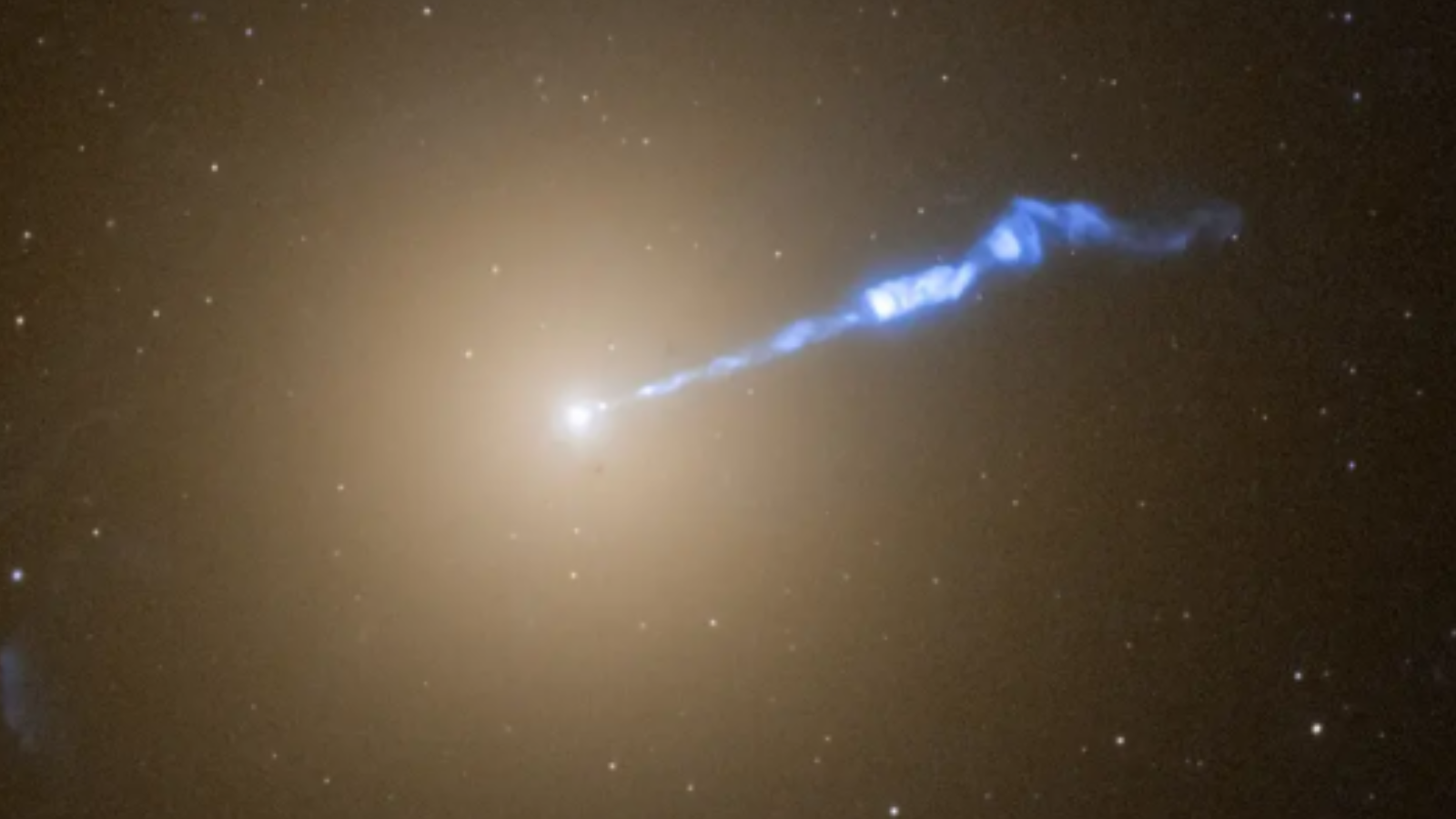SpaceX Declares Falcon 1 Rocket Operational Despite Less than Perfect Test
WASHINGTON -- Space Exploration Technologies (SpaceX)has declared its Falcon 1 rocket ready to begin launching satellites in Septemberdespite a premature engine shut down that prevented the booster from reachingorbit during a second demonstration flight last week.
"Having had several days to examinethe data, the second test launch of Falcon 1 is looking increasingly positive," SpaceX chief Elon Musk wrote in a Tuesday update posted on the ElSegundo, Calif.-based company's Web site. "Post flight review of telemetry hasverified that oscillation of the second stage late in the mission is the onlything that stopped Falcon 1 from reaching full orbital velocity. The secondstage was otherwise functioning well and even deployed the satellite masssimulator ring at the end of flight!"
SpaceX launched the two-stage Falcon 1 rocket March 20 from its Omelek Island launch site on the Pacific Ocean, but the rocket failed to reach its intended 425-mile (685-kilometer) orbit due to a roll control glitch.
Musk saidthat no further demonstration flights are needed before the Falcon 1 isentrusted with the Pentagon's experimental TacSat-1 remote sensing satellite.
"This confirmsthe end of the test phase for Falcon 1 and the beginning of the operationalphase," he wrote. "The next Falcon 1 flight will carry the TacSat-1 satellitefor the U.S. Navy, with a launch window that begins in September, followed byRazaksat for the Malaysian Space Agency in November. Beyond that, we haveanother nine missions on manifest for [Falcon 1] and [Falcon 9]."
Musk's updateprovides further details on the roll control anomaly that occurred late in thesecond stage burn, causing the engine to shut down about 90 seconds before therocket had reached orbital velocity.
"Telemetryshows that engine shutdown occurred only about a minute and a half beforeschedule (roughly T +7.5 mins), due to the oscillations causing propellant toslosh away from the sump," Musk wrote. "When the liquid level in the tank waslow, this effectively starved the engine of propellant."
Breaking space news, the latest updates on rocket launches, skywatching events and more!
Musk saidthat Falcon 1's less-than-perfect stage separation -- visible in the flight video -- was a contributing factor.
"As the 2ndstage nozzle exited the interstage, the first stage was rotating so fast that it smacked the niobium nozzle," Musk wrote. "There was noapparent damage to the nozzle, which is not a big surprise given that niobiumis tough stuff."
Whilepre-flight simulations led SpaceX to believe that the rocket's control systemwould be able to damp out any fuel slosh, Musk said, the team "had notaccounted for the perturbations of a contact on the stage during separation,followed by a hard slew to get back on track."
Musk saidthat both the stage separation problem and tank slosh issue should be easy toremedy.
"Wedefinitely intend to have both the diagnosis and cure vetted by third partyexperts, however we believe that the slosh issue can be dealt with in shortorder by adding baffles to our 2nd stage LOX tank and adjusting the controllogic. Either approach separately would do the trick (eg. the Atlas-Centaurtank has no baffles), but we want to ensure that this problem never shows upagain," Musk wrote.
Musk saidSpaceX can avoid a repeat of the stage separation issue by initiating shutdownof the first stage Merlin engine "at a much lower thrust level, albeit at somerisk to engine reusability."
"Provided wehave a good set of slosh baffles, even another nozzle impact at stageseparation would not pose a significant flight risk, although obviously we willwork hard to avoid that," he wrote.
Musk alsotook issue with media reports that did not characterize Falcon 1's second demonstrationflight as asuccessful launch.
"Although wedid our best at SpaceX to be clear about last week's launch, including namingit DemoFlight 2 and explicitly not carrying a satellite, a surprising number ofpeople still evaluated the test launch as though it were an operational mission,"Musk wrote. "This is neither fair nor reasonable. Test flights are used togather data before flying a "real" satellite and the degree of success is afunction of how much data is gathered."
"The reasonthat flight two can legitimately be called a near complete success as a testflight is that we have excellent data throughout the whole orbit insertionprofile, including well past second stage shutdown, and met all of the primaryobjectives established before hand by our customer (The U.S Air Force andDefense Advanced Research Projects Agency)," Musk continued. "This allows us towrap up the test phase of the Falcon 1 program and transition to theoperational phase, beginning with the TacSat mission at the end of summer. Letme be clear here and now that anything less than orbit for that flight or anyFalcon 1 mission with an operational satellite will unequivocally be considereda failure.
"This is not 'spin'or some clever marketing trick, nor is this distinction an invention of SpaceX-- it has existed for decades," Musk added. "The U.S. Air Force made the samedistinction a few years ago with the demonstration flight of the Delta 4 Heavy,which also carried no primary satellite. Although the Delta 4 Heavy fellmaterially short of its target velocity and released its secondary satellitesinto an abnormally low altitude, causing reentry in less than one orbit, it wasstill correctly regarded by Boeing and the Air Force as a successful testlaunch, because sufficient data was obtained to transition to an operational phase."
- VIDEO: SpaceX's Homegrown Falcon 1 Rocket's Second Flight
- SpaceX's Second Falcon 1 Rocket Fails to Reach Orbit
- Top 10 Imaginations at Work: Elon Musk
- IMAGES: Twenty Great Rocket Launches
Brian Berger is the Editor-in-Chief of SpaceNews, a bi-weekly space industry news magazine, and SpaceNews.com. He joined SpaceNews covering NASA in 1998 and was named Senior Staff Writer in 2004 before becoming Deputy Editor in 2008. Brian's reporting on NASA's 2003 Columbia space shuttle accident and received the Communications Award from the National Space Club Huntsville Chapter in 2019. Brian received a bachelor's degree in magazine production and editing from Ohio University's E.W. Scripps School of Journalism.
